Hezayah: The story so far
Sep 24, 2012
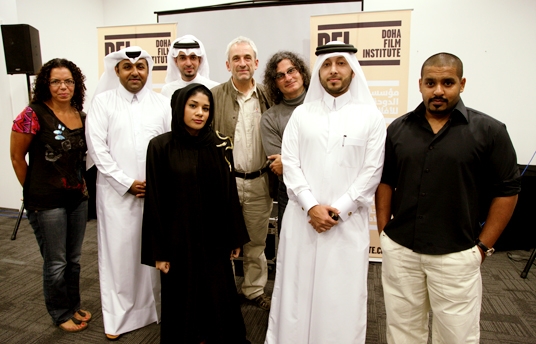
By Anealla Safdar and Reem Shaddad
Photos by Ben Robinson
From rewriting a story to changing the plot’s direction, finalising a script to be proud of is a drama-filled journey itself.
The group attending Doha Film Institute’s Hezayah workshop, a scriptwriting course led by filmmaker Ziad Doueri and script analyst Christian Routh, met for the second time to work on their projects. Hosted by the Gulf Development Unit, the mentors met their students in July to first put pen to paper, and will work together again in November.
Here, the team members review their progress.
The Mentors:
Ziad Doueri
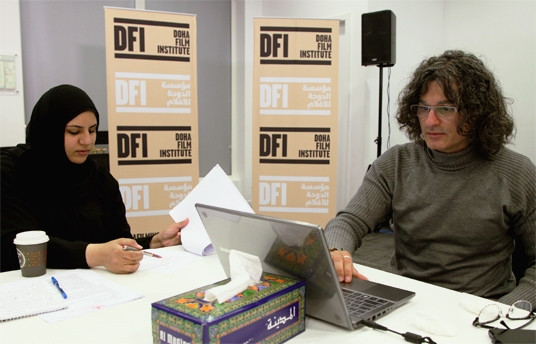
Ziad Doueri (right) with student
I felt that these projects had evolved, not necessarily in the right direction. Some of them have devolved and that’s normal for us. Sometimes you crank up your first script and the second version. The third version is where it slides back.
Not all were failed. Some problems still remain but that’s a natural progression. You cannot get to a better version unless you make some mistakes earlier.
What I expect for the third meeting is that they would have nailed most of their scripts.
Writing involves the training of film and involves nourishing yourself into understanding the cinematic language. Just because you watch a lot of movies, it doesn’t make you an expert.
It’s a process that no matter what culture you come from takes time to understand by continuing to do these courses, continuing to analyse stuff and to understand that film is also a language
They’ve chosen the most difficult job in the film industry: screenwriting. It’s not like they’re saying they want to be editors, or actors or cinematographers. They chose the most difficult part – it’s going to take longer to do it. I think it’s courageous.
Christian Routh
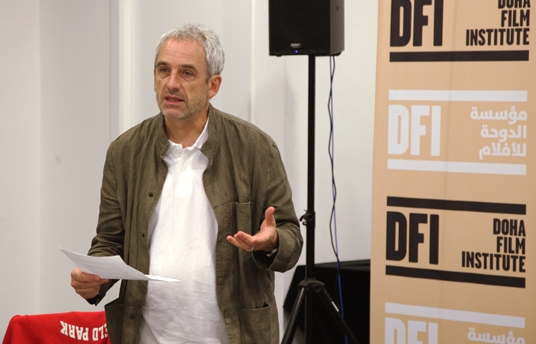
Christian Routh
They’re all at different stages – they’re all doing different types of films. It’s been extremely fruitful to work with them this week and make progress and move forward on the projects.
What we’ve been concentrating on mostly is trying to help them to find the real story that they want to tell and convey that in a clear and concise way.
I’m putting myself in the position of being the first audience. I’m saying “Why should I pay 10 dollars to watch this when ‘The Dark Knight Rises’ is playing one theatre, and Ridley Scott’s new film is in another?” I’m constantly asking them “What is fresh and original about your film? What is new? How can we find the best way to express that?”
It’s a continuous process of refining the narrative; some people are at script stage, some at the treatment stage. Some have written a script and go back to a treatment stage because the story is not working and you have to find different ways to say it.
Every writer has to go through development hell. They have to make a few wrong decisions in order to get the right decisions. It’s not simple; it’s very hard – it doesn’t happen overnight – it’s a kind of long journey.
We’ll be continuing to work on the treatment of the screenplays and helping them to pitch themselves to the industry, perhaps with a view to a presentation session later on in the year.
The Students:
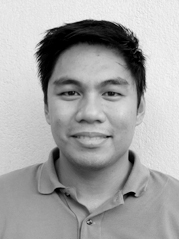 Carlo Yan |
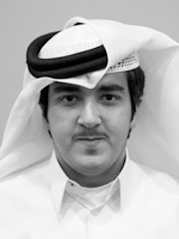 Abdulla Al Kuwari |
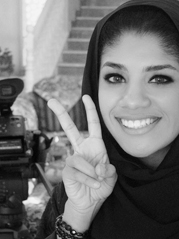 Noor Ahmed |
A review of Hezayah’s first meeting can be found here